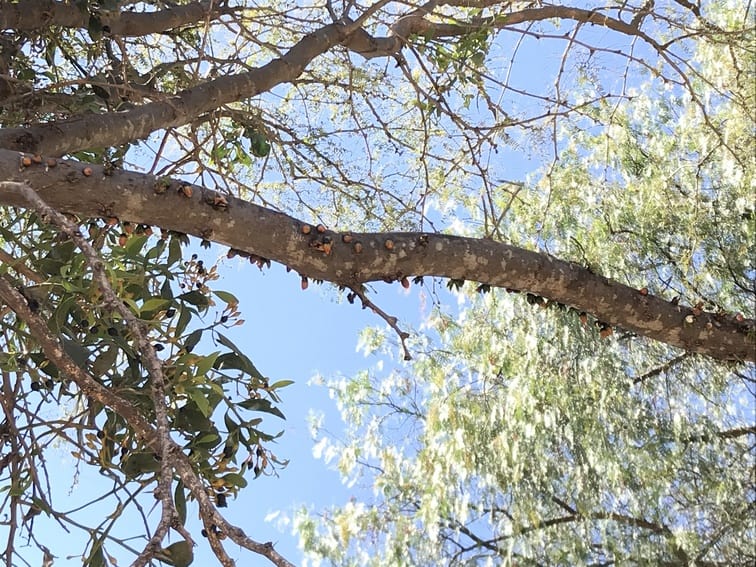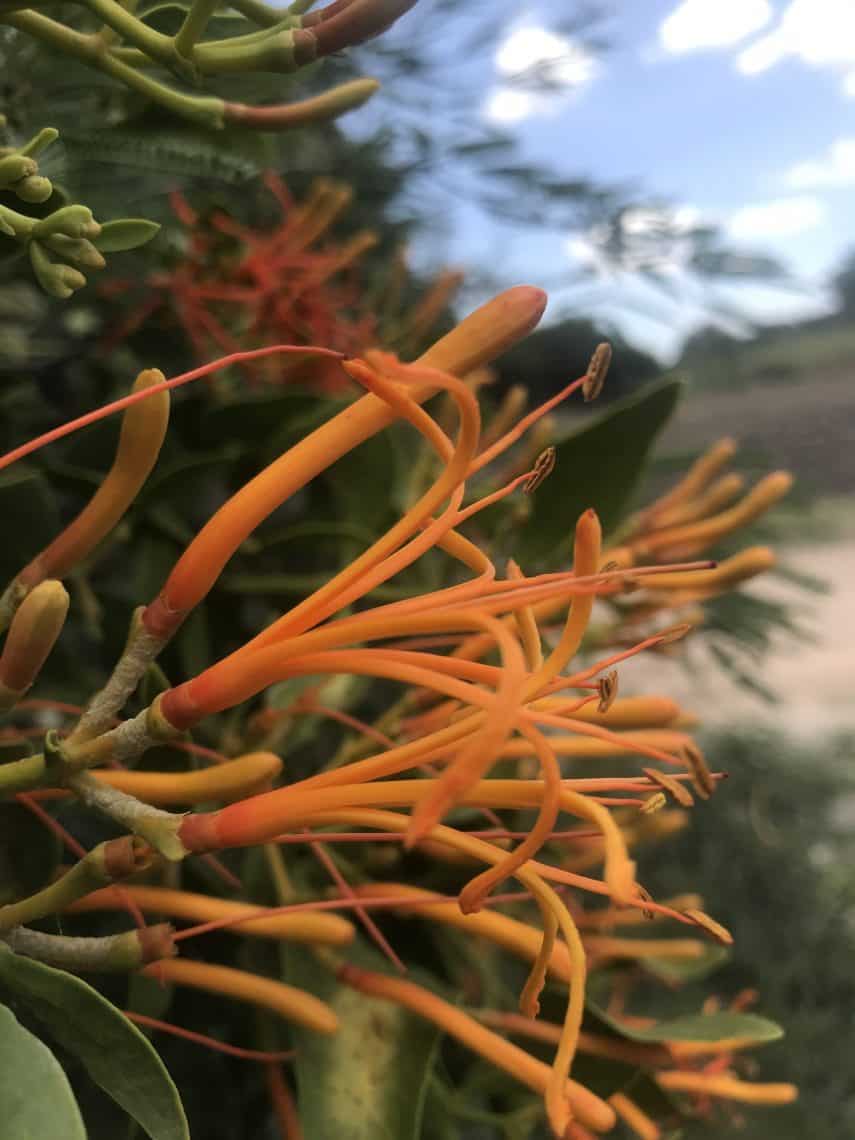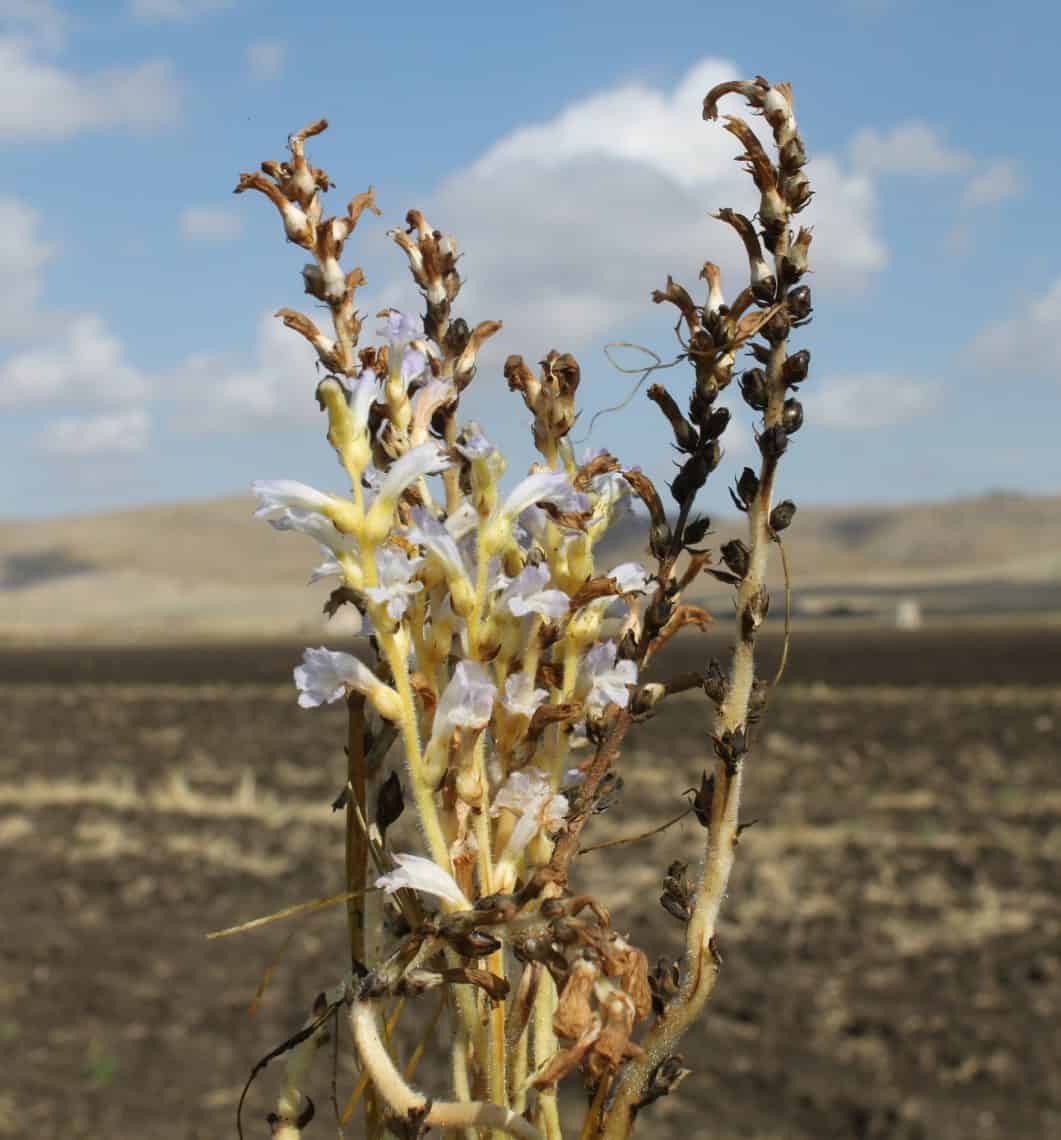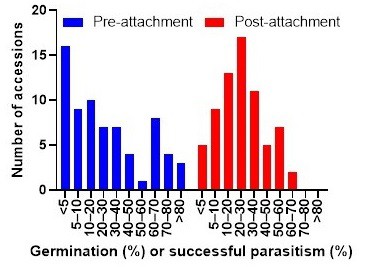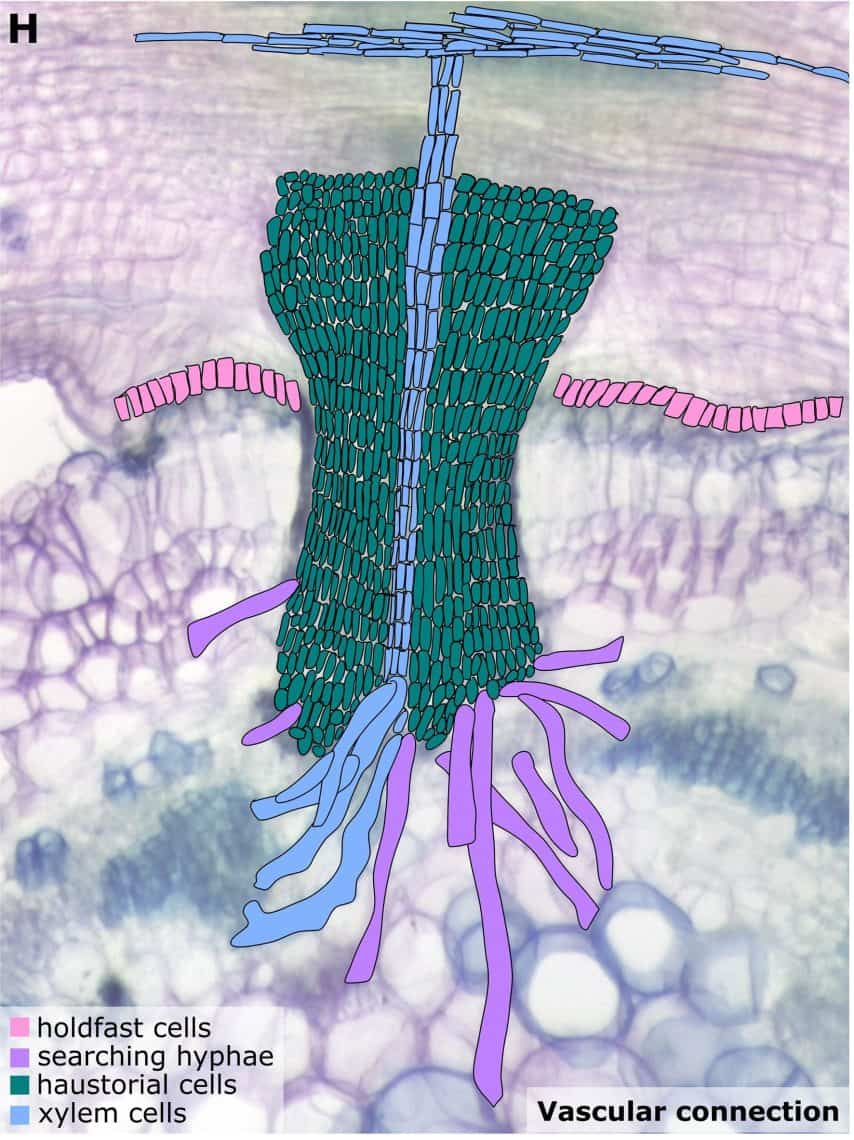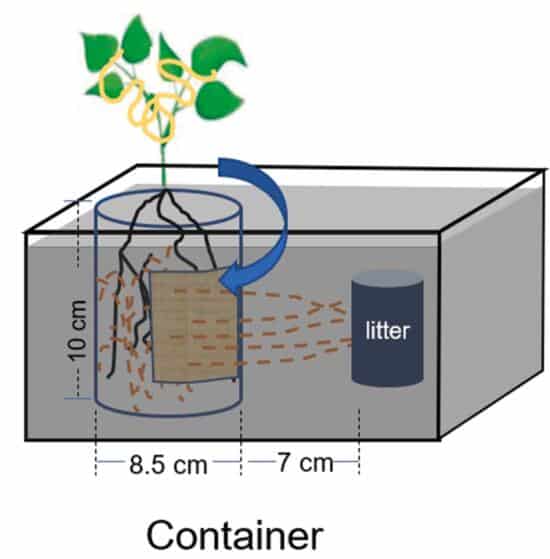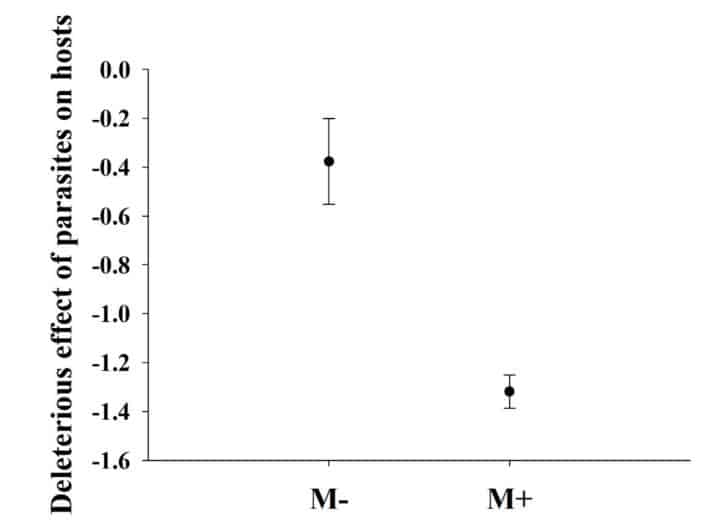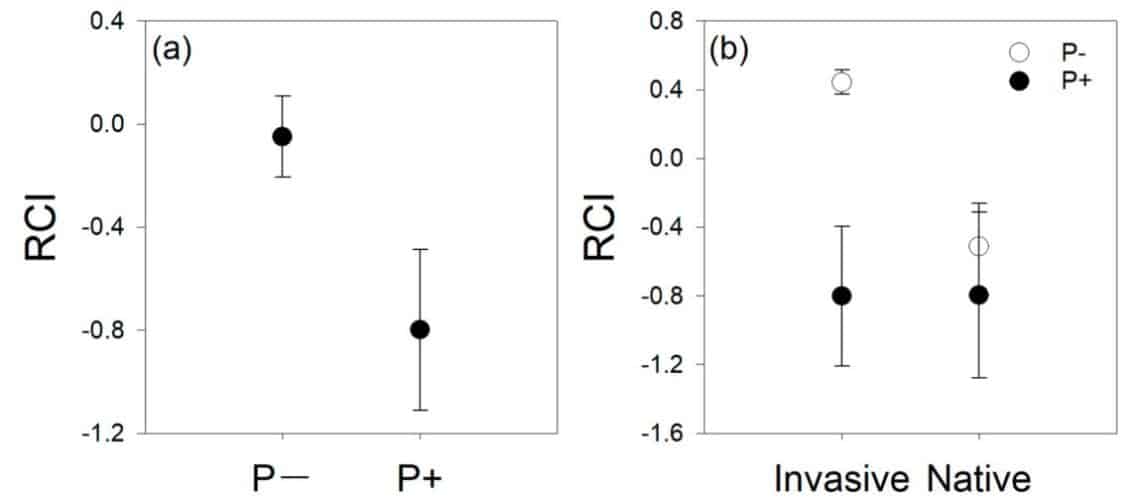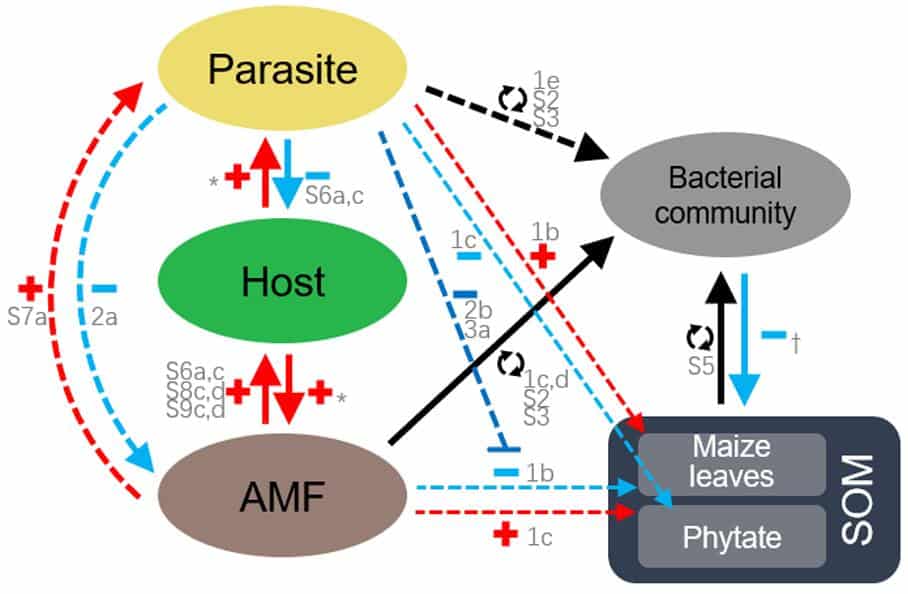A research that talks about the molecular infective process of the Psittacanthus calyculathus mistletoe on mesquite trees. Lignocellulolytic enzymes, proteins, phytohormones and proteases involved in the infectious process were analyzed. It is an open access article with freely downloadable at the following link: https://www.mdpi.com/2223-7747/12/3/464 […]
How the mistletoe infects a host tree?
